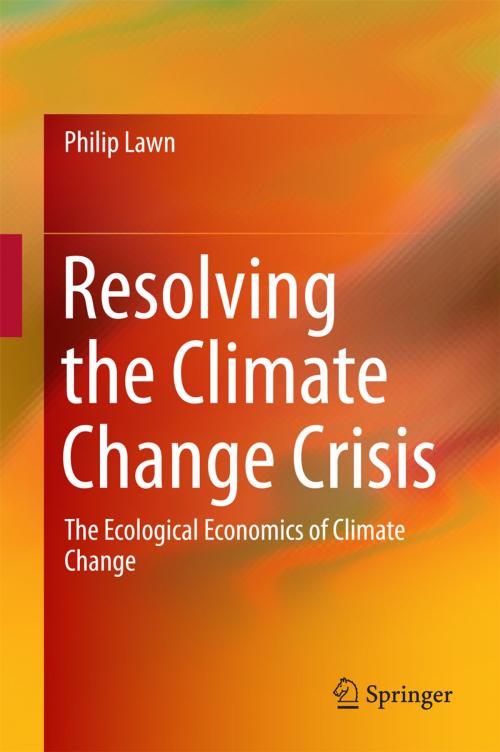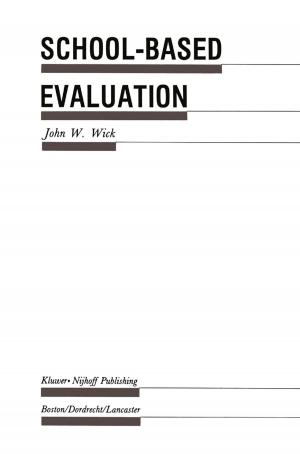Resolving the Climate Change Crisis
The Ecological Economics of Climate Change
Nonfiction, Science & Nature, Science, Biological Sciences, Environmental Science, Business & Finance, Economics| Author: | Philip Lawn | ISBN: | 9789401775021 |
| Publisher: | Springer Netherlands | Publication: | February 29, 2016 |
| Imprint: | Springer | Language: | English |
| Author: | Philip Lawn |
| ISBN: | 9789401775021 |
| Publisher: | Springer Netherlands |
| Publication: | February 29, 2016 |
| Imprint: | Springer |
| Language: | English |
This book explains why the climate change crisis is a symptom of a much larger underlying problem – namely, humankind’s predilection with continuous GDP-growth. Given this starting point, the world’s high-income nations must begin the transition to a qualitatively-improving steady-state economy and low-income nations must follow suit at some stage over the next 20-40 years. Unless they do, a well-designed emissions protocol will be as useless as the paper it is written on.
Adopting an ecological economic approach, this book sets out why we must abandon the goal of continuous growth; how we can do so in a way that improves human well-being; what constitutes a safe atmospheric concentration of greenhouse gases; and what type of emissions protocol and emissions-trading framework is likely to achieve a desirable climate change outcome. Failure of the world’s leaders to achieve these goals will not only put future human well-being at risk, it will threaten freedom in the liberal-democratic tradition and international peace.
This book explains why the climate change crisis is a symptom of a much larger underlying problem – namely, humankind’s predilection with continuous GDP-growth. Given this starting point, the world’s high-income nations must begin the transition to a qualitatively-improving steady-state economy and low-income nations must follow suit at some stage over the next 20-40 years. Unless they do, a well-designed emissions protocol will be as useless as the paper it is written on.
Adopting an ecological economic approach, this book sets out why we must abandon the goal of continuous growth; how we can do so in a way that improves human well-being; what constitutes a safe atmospheric concentration of greenhouse gases; and what type of emissions protocol and emissions-trading framework is likely to achieve a desirable climate change outcome. Failure of the world’s leaders to achieve these goals will not only put future human well-being at risk, it will threaten freedom in the liberal-democratic tradition and international peace.















